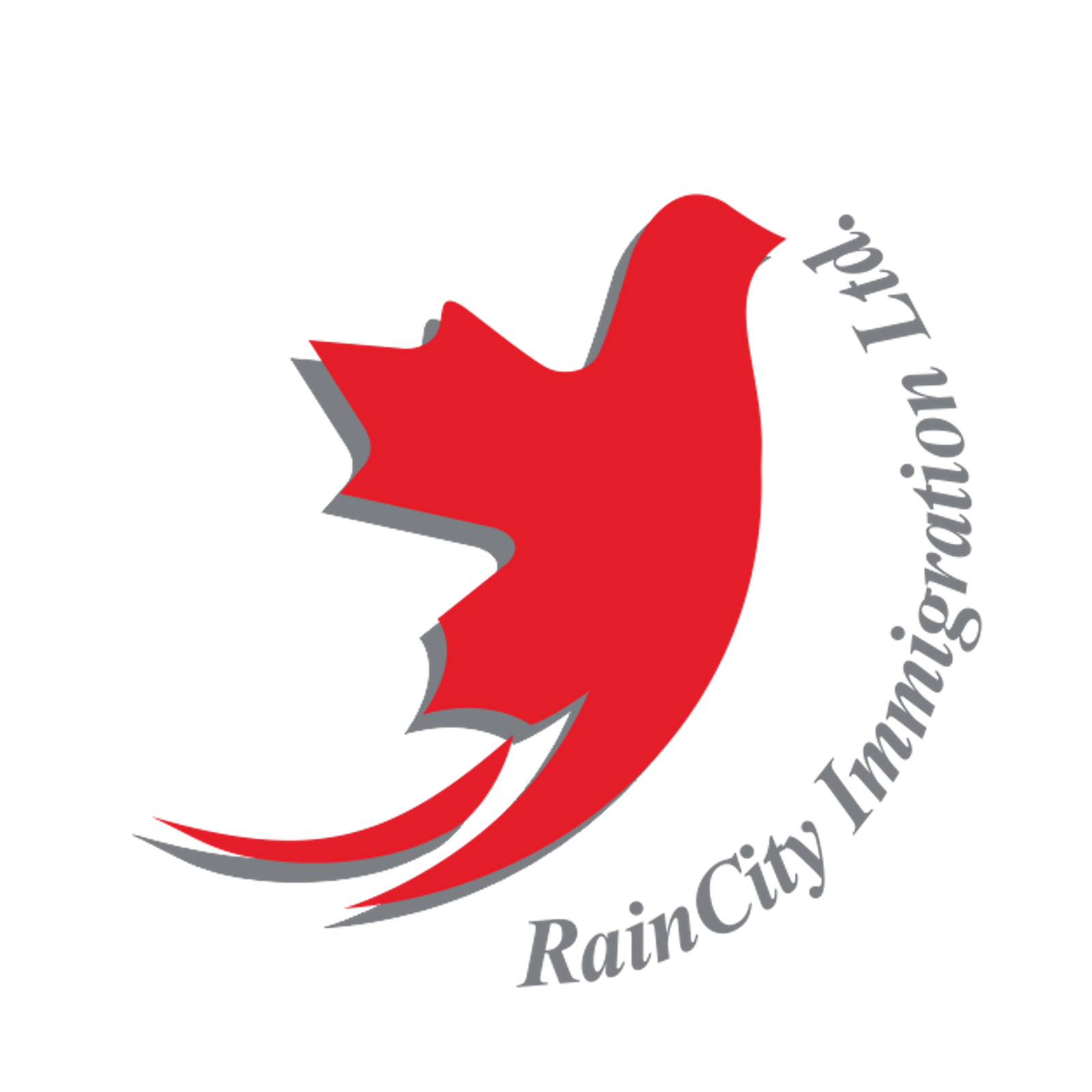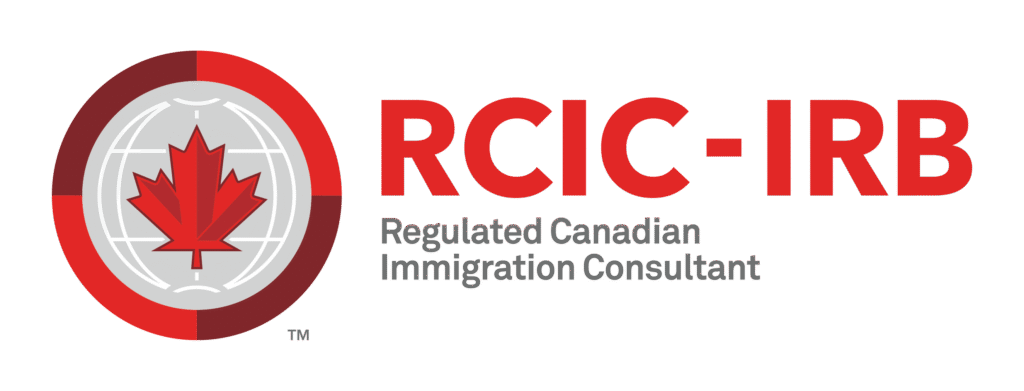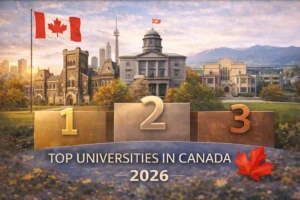Study in Italy – A Smart Choice for International Students

Italy might not be the first destination that comes to mind when considering studying abroad, but when it comes to affordability and scholarship opportunities, it stands out as one of the best options for international education. According to Statista, around 35,000 international students are currently studying in Italy.
Recent statistics show that between 10,000 to 12,000 Iranian students are studying in Italy, making Iran the fourth-largest source of international students in the country. This highlights Italy’s growing popularity, especially among Iranian students.
Italy is a country rich in culture and history, home to many prestigious universities and offering a high quality of life. There are approximately 97 universities across Italy, 46 of which are located in the capital city, Rome.
Whether you’re just starting your research or ready to apply, this guide will walk you through the key aspects of studying in Italy, including academic programs, tuition costs, benefits and challenges, scholarships, and how to obtain residence.
Study Requirements in Italy
The minimum age to apply for a student visa in Italy is 17. Students must first obtain admission from an Italian university before applying for a visa and relocating.
Italy offers programs at the Bachelor’s, Master’s, and PhD levels, with courses available in both Italian and English.
Bachelor's Degree in Italy (Laurea)
Bachelor’s programs in Italy, known as Laurea, are offered in both English and Italian. The maximum age limit for applying at this level is 22 years. Students must first secure university admission and then apply for a visa.
Typically, a Bachelor’s degree takes 4 years to complete. During this time, students are allowed to work up to 10 hours per week. If the program is taught in Italian, students must provide proof of language proficiency at level B1 or above.
Additional steps in the application process include paying fees, document submission and verification, biometric data collection, and an interview with a visa officer.
Master’s Degree in Italy (Laurea Magistrale)
Master’s degrees, called Laurea Magistrale, usually last 2 years. The maximum age for applying is 30. Programs at this level are more diverse and specialized than at the undergraduate level.
Students who can prove their Italian language skills and enroll in Italian-taught programs often benefit from significantly lower or even free tuition costs.
Students can work up to 20 hours per week during their studies. This allows them to support part of their living and study expenses.
As for academic gaps, Italy is relatively flexible. Gaps of up to 4–5 years are generally acceptable, provided the student can justify them with valid reasons.
PhD in Italy (Dottorato di Ricerca)
Doctoral programs in Italy are known as Dottorato di Ricerca and typically take 3 to 4 years. In many cases, PhD studies are research-based and come with a monthly stipend. Additionally, PhD students are allowed to work while studying.
Scholarship opportunities are especially favorable at the Master’s and PhD levels.
Tuition Fees in Italy
Compared to Western European countries, tuition in Italy is quite affordable. Many students choose Italy for its quality education and reasonable costs.
Tuition fees vary depending on several factors such as the university (public vs. private), field of study, level of education, and the applicant’s academic profile.
Compared to Western European countries, tuition in Italy is quite affordable. Many students choose Italy for its quality education and reasonable costs.
Tuition fees vary depending on several factors such as the university (public vs. private), field of study, level of education, and the applicant’s academic profile.
Here’s a rough estimate of yearly tuition fees in Italy:
| Type of University | Annual Tuition Fee |
|---|---|
| Public Universities | €900 – €5,000 |
| Private Universities | €6,000 – €30,000* |
*Books and housing costs are not included.
Approximate total tuition for full degree programs:
| Degree Level | Public Universities | Private Universities |
|---|---|---|
| Bachelor’s (3–4 yrs) | €3,600 – €20,000 | €24,000 – €120,000 |
| Master’s (2 yrs) | €1,800 – €10,000 | €12,000 – €60,000 |
Many Italian universities offer scholarships and financial aid. Securing one of these can significantly reduce or even eliminate tuition costs.
Free Education in Italy
A common question among prospective students is whether it’s possible to study in Italy for free. While tuition is typically required, scholarships can significantly reduce your expenses—and in some cases, cover all costs.
Scholarships are awarded based on merit, need, or academic performance, often after enrollment. More details will be discussed in the scholarships section.
Financial Requirements for an Italian Student Visa
To study in Italy, you must prove that you have sufficient funds to cover your tuition and living expenses. The required financial proof varies depending on your academic level, university, and personal situation.
Generally, the minimum financial requirement for a student visa is around €6,000 per year.
You’ll need to provide an official bank statement (Proof of Fund), issued in your or your parents’ name, showing account balance over the past three months before your visa application.
Living expenses in Italy depend on lifestyle and location. Some universities offer low-cost dormitories, while others may require students to rent private housing.
Estimated monthly living costs for students in Italy range from €500 to €1,200, including rent, food, transportation, study materials, and personal expenses.
Important Note
With the ability to work part-time (10 hours/week for undergraduates, 20 hours/week for Master’s students, and up to 35 hours/week for PhD students), and access to scholarships, students in Italy can significantly offset their educational and living expenses.
Universities in Italy
Italy has a rich tradition in education and research. It is home to the oldest university in the world, the University of Bologna, located in the city of Bologna.
Founded in 1088, the University of Bologna has around 85,000 students and is ranked 133rd globally in the QS World University Rankings 2025.
As mentioned earlier, Italy hosts around 97 universities, with approximately 46 located in Rome. Many Italian universities are ranked within the top 1000 globally. Below is a list of some of the best Italian universities along with their international rankings:
| University Name | QS Ranking 2021 | THE Ranking 2021 |
|---|---|---|
| Politecnico di Milano | 111 | 201 |
| University of Bologna | 133 | 146 |
| Sapienza University of Rome | 132 | 185 |
| University of Padua | 236 | 201 |
| University of Milan | 285 | 401 |
| Politecnico di Torino | 241 | 241 |
| University of Pisa | 382 | 351 |
| University of Federico II | 347 | 351 |
| Vita-Salute San Raffaele University | 389 | 201 |
These are just a few examples—many more Italian universities rank under 1000 in global rankings.
Interestingly, several American universities also operate in Italy, such as:
John Cabot University, Rome
American University of Rome
Johns Hopkins University (Bologna campus)
One of the biggest advantages of studying at American universities in Italy is the potential pathway to continue your education in the U.S. This makes them a strategic option for students who see Italy as a stepping stone toward broader international goals.
Clearly, the presence of globally recognized universities, a wide range of academic fields, and affordable education and living costs makes Italy an attractive destination for international students.
Keep in mind: To apply for a student visa for Italy, you must first secure an admission letter from an Italian university.
Scholarships in Italy
As mentioned earlier, Italian universities and educational institutions offer various scholarships and financial aids. Additionally, several government-funded scholarships are available for eligible international students. Below are some of the key options:
Invest Your Talent in Italy (IYT)
This scholarship is provided through a collaboration between Italy’s Ministry of Foreign Affairs and Ministry of Economic Development. It targets students with strong academic backgrounds who show potential for academic excellence.
Benefits:
Tuition waiver (excluding minor fees)
Monthly stipend of €900
Health insurance coverage
This scholarship applies only to fields like engineering, advanced technologies, design, architecture, management, and economics.
Eligible applicants must be from selected countries, and Iran is on the list. The full list includes:
Azerbaijan, Iran, Brazil, Colombia, Egypt, Ethiopia, India, Indonesia, Ghana, Kazakhstan, Mexico, China, Tunisia, Turkey, Vietnam.
EDISU Piemonte Scholarship
This scholarship is exclusive to students studying at universities in the Piedmont region of Italy, including:
Accademia Albertina, Turin
University of Turin
University of Eastern Piedmont
Polytechnic University of Turin
Eligibility and benefits depend on individual financial and academic circumstances.
Regional Scholarships in Italy
Commonly misnamed in some countries as “Third World Scholarships,” these regional grants are based on students’ financial needs.
Benefits may include:
Full or partial tuition exemption
Annual financial support up to €5,200
Italian Government Scholarships
These are for international students pursuing Master’s or PhD degrees, as well as those in arts, music, Italian language and culture, and research programs.
Coverage includes:
Tuition fees
Health insurance
Monthly stipend (for 3, 6, or 12 months)
Fields of Study in Italy
You might wonder whether Italy offers a wide range of academic programs—but it certainly does. Italy is among Europe’s leading countries in higher education.
For instance, Politecnico di Milano is one of the most prestigious engineering universities in Europe—and even globally.
Common academic disciplines offered in Italian universities include:
Humanities
Arts
Architecture
Fashion & Design
Natural Sciences
Medicine
Engineering & Technology
Business & Management
Pro Tip:
Medicine is among the most popular fields for international students in Italy. The University of Milan and University of Bologna are top choices for studying medicine.
While many degree programs in Italy are offered in English, some are taught only in Italian. Therefore, learning some Italian language is highly recommended—even if you’re enrolled in an English-language program. It will greatly ease your day-to-day life as a student in Italy.
Advantages and Disadvantages of Studying in Italy
Studying in Italy, like in any other country, comes with its own set of benefits and drawbacks. Below is a comprehensive overview of the most important pros and cons of pursuing education in Italy:
Advantages of Studying in Italy
Affordable Tuition Fees Compared to Other European Countries
Public universities in Italy offer considerably lower tuition fees, making it a cost-effective option for international students.Reasonable Student Living Expenses
The cost of living for students in Italy is relatively low, especially in smaller cities, which helps reduce the financial burden.Study at Globally Recognized Universities
Italy is home to many prestigious universities ranked highly in global academic rankings.Availability of Scholarships, Grants, and Student Loans
Numerous funding options are available, including regional and government scholarships, helping students reduce or even eliminate tuition costs.Permission to Work During Studies
Students are allowed to work part-time during their studies:Up to 10 hours per week at the bachelor’s level
Up to 20 hours per week at the master’s level
Up to 30 hours per week at the PhD level
Access to Student Health Insurance and University Support Programs
Students benefit from health coverage and various support services provided by the universities.Opportunity to Stay in Italy After Graduation to Seek Employment
Graduates can apply for a one-year residence permit (Permesso di Soggiorno) to search for a job. If they find employment, they can convert their permit into a work visa (Permesso di Lavoro).
Disadvantages of Studying in Italy
No Dependent Visa for Spouses or Partners
Married students cannot initially apply for a dependent visa for their spouse or partner. However, after beginning their studies, they can send an invitation and have their spouse enter Italy on a tourist visa.Language Barriers
Although many academic programs are offered in English, daily life can be challenging without knowledge of the Italian language. Proficiency in Italian is often necessary for smooth communication and integration.Difficulty Finding Employment After Graduation
Italy has a relatively high unemployment rate compared to many other European countries, which may make job hunting after graduation more difficult.
Required Documents for an Italian Student Visa
Some documents required for the Italian student visa are general, while others are specific to the applicant’s academic background. Below are the most essential documents:
General Documents:
Valid passport with at least two blank pages and relevant copies
National ID, birth certificate, military exemption or completion card (for men), and respective translations
Six passport-size photos
Official translations of all identification documents
Flight booking and hotel reservation or a hosting declaration from relatives
Completed visa application forms
Health insurance policy
Academic and Financial Documents:
University admission letter from an Italian institution
Proof of financial means: Bank statement in the name of the applicant or their parents (ranging from €5,800–€7,200 for one year)
If the bank statement is under a parent’s name: Translation of their ID, employment history, and insurance records
Original, translated, and photocopied academic certificates and transcripts
CV (Curriculum Vitae)
Statement of Purpose (SOP) or Personal Statement
Language Requirements:
Minimum required English level: B2, which is equivalent to:
IELTS: 5
TOEFL: 78
TOLIMO: 600
FCE: 169
(These scores may vary by university and program.)
For Italian-taught programs, at least a B1 level in Italian is required. Some universities also offer Italian language courses during the academic year.
If Educational Credential Evaluation (DOV) is Needed:
Original and translated final year of high school certificate with transcripts
Original and translated high school diploma with transcripts
Obtaining Residency in Italy After Graduation
One of the key questions for international students is whether they can stay in Italy after graduation. Student visas are valid only for the study period. After graduation, students must obtain a Permesso di Soggiorno to remain in the country.
With this permit, graduates have up to one year to search for a job. If they succeed, they can switch to a work visa (Permesso di Lavoro). After five years of legal residency in Italy, permanent residency may be granted. In conclusion, to secure permanent residence, graduates must find a job, obtain a work visa, and maintain continuous residency.
Frequently asked questions
How much does it cost to study in Italy?
Tuition at public universities ranges from €900 to €5,000 per year. Private universities cost between €6,000 and €30,000 annually.
Can students work while studying in Italy?
Yes. Bachelor’s students can work up to 10 hours per week, master’s students 20 hours, and PhD students 30 hours per week.
Is free education possible in Italy?
Yes. Based on individual circumstances and academic background, students may qualify for scholarships that significantly reduce or completely cover tuition costs.
Can I study in Italy without a language certificate?
No. While some programs may not require English, students must know either Italian or English. Some universities offer language classes during the program.
Is it possible to study in Italy with only a high school diploma?
Yes. Those with a high school diploma can apply for undergraduate programs (Laurea) in Italy.
What are the main pros and cons of studying in Italy?
Affordable tuition and world-renowned universities are major benefits. However, the lack of a dependent visa and challenging job market post-graduation are key disadvantages.





